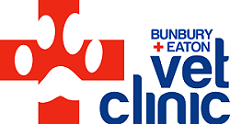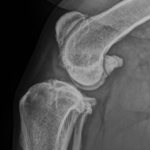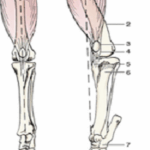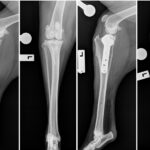
The Aging Pet
As your pet ages, you need to reassess their needs and lifestyle. Of course, there is a lot of variation as to when a pet is “old”, so each individual pet needs to be looked at independently.
As a general rule, large dogs age faster than small dogs, so a Great Dane might be considered elderly at 5 years of age, while a Jack Russel may be over 10 years old before we consider it to be a senior pet.
Here are things you should consider as your pet ages:
Diet and Nutrition
Older pets tend to need fewer calories as they tend to be less active and may have less metabolically active muscle. They may also benefit from some additional nutrients such as glucosamine, chondroitin or turmeric, although the evidence to support these supplements is not particularly strong.
Weight Control
Carrying extra weight can exacerbate problems such as arthritis, as well as increase the risk of diseases such as various cancers and type 2 diabetes in cats. Unplanned weight loss, especially in cats, may indicate an underlying health problem and should be investigated by a vet.
Maintaining Mobility
It is important to keep your pet physically active, though you may need to adjust their exercise to suit their age. Swimming is a great exercise for older dogs, while vigorous “twisting/turning” exercises such as chasing balls may flare up any joint issues.
Keeping active helps keep weight under control as well as helping maintain muscles.
Mental Health
Did you know that pet’s brains can undergo the same changes as humans as they age? This means they can experience signs of senility and dementia. This may show as confusion, loss of training or inappropriate barking. We seem to find these signs are initially worse at night time.
Environmental Considerations
Your pet’s needs may change as they age, such as needing sleeping areas where the can avoid stairs, having better access to indoors, and if losing vision keeping things in the same place is also advised.
Reproductive Diseases.
If your pet hasn’t been sterilised, they may be at a higher risk of mammary, uterine or testicular cancers. Females will also be at a high risk of pyometra (infected uterus). Please discuss the benefits and risks of desexing your elderly pet and ensure they have regular health checks.
As your pet ages, it becomes increasingly important to be proactive in their health care. It would be worth joining our Healthy Pets Club Plus, where your senior pet could receive 6 monthly health checks at no charge, and if you find a new problem you don’t have to worry about the consultation fee. To learn more about the Healthy Pets Club, CLICK HERE.



